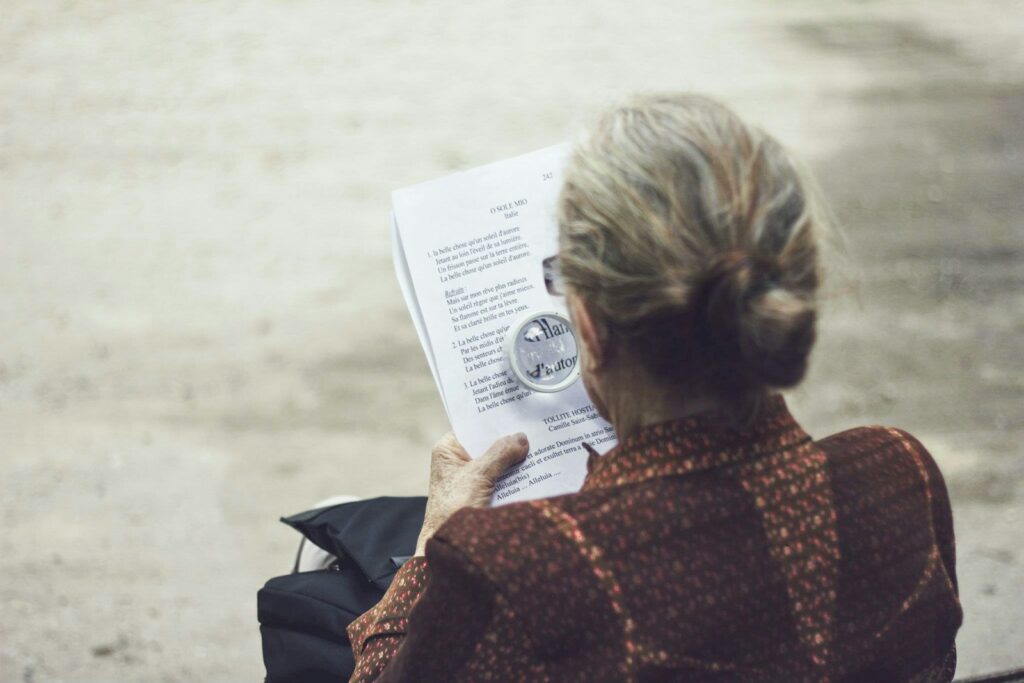![Kosovo on Global Stage with Drilon S. Gashi [PODCAST] Kosovo on Global Stage with Drilon S. Gashi [PODCAST]](http://4liberty.eu/phidroav/2025/08/1-1024x1024.png)
Kosovo on Global Stage with Drilon S. Gashi [PODCAST]
What does Kosovo\'s path to the EU look like? What should we know about Kosovo\'s struggle for independence? What geopolitical tensions should we be aware of in the Western Balkans? And what is the situation of the Kosovar in Warsaw, Poland? Leszek Jazdzewski (Fundacja Liberte!) talks with Ambassador Drilon S. Gashi, the Chief of Mission of the Consulate General of the Republic of Kosovo in Warsaw.




![Portuguese Politics Explained with Ricardo Silvestre [PODCAST] Portuguese Politics Explained with Ricardo Silvestre [PODCAST]](http://4liberty.eu/phidroav/2025/07/RSpod3-1024x1024.png)

![Who Will Win the Polish Presidential Election? with Adam Jasser [PODCAST] Who Will Win the Polish Presidential Election? with Adam Jasser [PODCAST]](http://4liberty.eu/phidroav/2025/05/Liberal-Europe-Podcast-2024-7-1024x1024.png)




